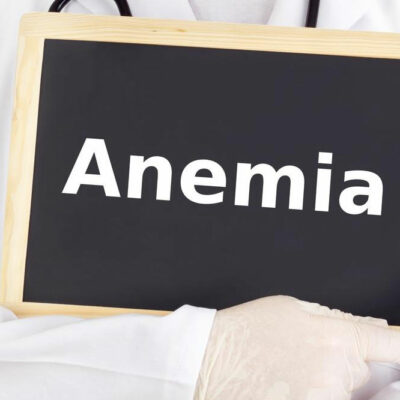
Don’t Ignore These Warning Signs of Colon Cancer
Navigating the vast landscape of cancer donation foundations, memorials, and charities offers a myriad of avenues for individuals to contribute meaningfully to the fight against this formidable adversary. From established entities like the American Cancer Society (ACS), which engages in groundbreaking research, patient support, and education, to more specialized organizations such as Susan G. Komen for the Cure, dedicated to combating breast cancer, each foundation brings a unique focus to the table. Memorials, like those supporting St. Jude Children’s Research Hospital, allow donors to honor loved ones while contributing to pediatric cancer research and patient care. The Cancer Research Institute (CRI) champions the promising field of immunotherapy, offering a novel approach to treatment.
The symptoms in the early stages of colon cancer are sometimes non-existent or not very apparent. However, there are some early warning symptoms for colon cancer that can help in catching the illness before it progresses rapidly. Some of these symptoms can occur without cancer in the body, and hence, sometimes, the actual signs are ignored as common health problems.
Rectal bleeding and blood in the stool
Bleeding from the anus can be due to many reasons apart from colon cancer. Since it is one of the early warning symptoms for colon cancer, it should not be ignored. Rectal bleeding may be either bright or dark red. Other reasons one can experience anal bleeding include anal fissures, constipation, hemorrhoids, or small benign tissue growths in the colon. These causes are ruled out before screening is recommended. Signs of such bleeding can be watched out through blood in the stool. Stool that is black or very dark may indicate the presence of dried blood. It is important to note that signs of blood in the stool may not be visible to the naked eye.
Change in bowel habits and narrow stools
One of the other early warning symptoms of colon cancer is that it is often ignored. A change in bowel habits or change in the stool consistency (characterized by diarrhea or constipation) should not be ignored, especially in patients over 40 years of age. If these indications have no other case, screening for colon cancer is recommended. A stringy stool is caused due to many reasons, including colon cancer. When tumors in the colon start growing, there is less space inside the colon, leading to stringy or narrow stools. However, this alone cannot be treated as a sign of cancer as there are a variety of reasons that may cause this.
Tenesmus
Tenesmus refers to the feeling of wanting to pass stool but the inability to pass anything, sometimes even after you have passed stool. This is related to constipation, another early warning symptoms for colon cancer. Some other reasons that can cause tenesmus include inflammatory bowel disease and other conditions that affect the movement of food through the gut.
Iron-deficiency anemia
Colon cancer is identified from the abnormal growth of cells in the colon, which can bleed. People with colon cancer end up losing healthy red blood cells due to this. The lowering of RBCs can lead to iron not being absorbed in the blood level and circulated in the body, leading to a deficiency in iron. This category of anemia is quite common; therefore, ascertain whether it is a symptom of colon cancer, or anything else can be done only by considering other symptoms.


